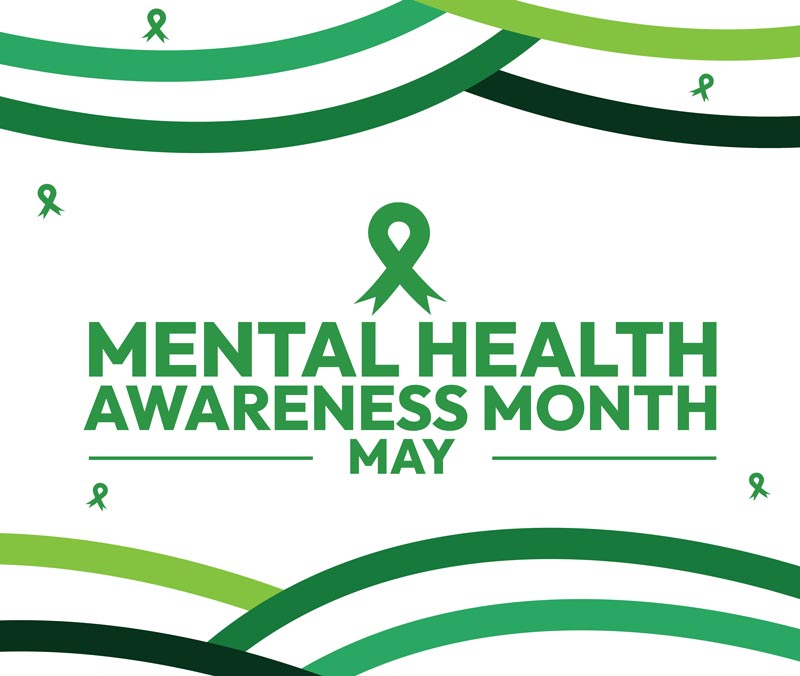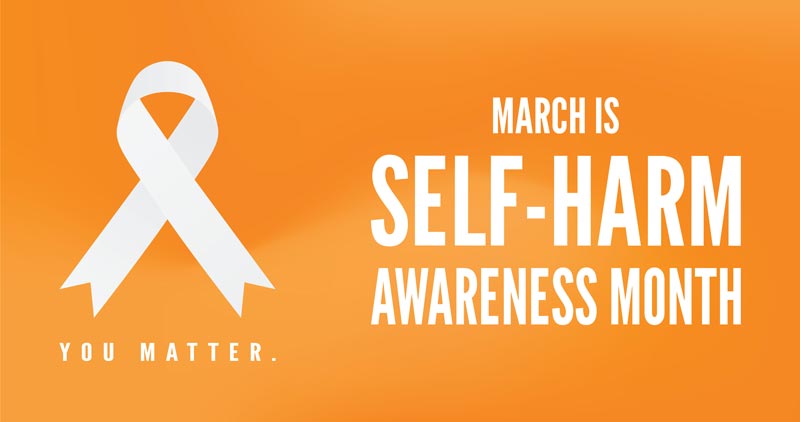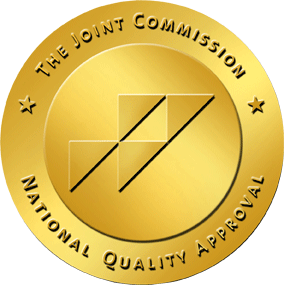Trauma is often associated with major life events—natural disasters, violent crimes, or combat experiences. However, trauma does not always stem from a single catastrophic incident. Many people live with unresolved trauma from childhood neglect, emotional abuse, toxic relationships, or repeated exposure to stressors that wear down their mental and emotional well-being. Because trauma is often complex and multifaceted, its symptoms may not be immediately recognizable.
Understanding how trauma manifests in everyday life is the first step toward healing. If you or someone you know struggles with persistent emotional distress, it may be time to explore trauma treatment options.
Here are five subtle yet significant ways trauma can show up in daily life:
1. Unexplained Emotional Reactions
Have you ever had an intense emotional response to a seemingly minor event? Perhaps a friend’s offhand comment leaves you feeling deeply hurt, or an unexpected noise triggers panic. These reactions are often linked to past trauma, where unresolved emotions surface in unpredictable ways. According to van der Kolk (2014), the body keeps the score—trauma is stored in the nervous system and can be triggered by seemingly unrelated stimuli.
If emotional volatility disrupts your daily interactions, trauma therapy can help identify the root cause and develop coping strategies.
2. Persistent Anxiety or Hypervigilance
People with unresolved trauma often experience hypervigilance—a heightened state of awareness in which they constantly scan their environment for threats. This can look like difficulty relaxing, excessive worry about potential dangers, or feeling “on edge” even in safe situations.
This state of chronic stress is commonly linked to post-traumatic stress disorder (PTSD), where the brain remains in survival mode long after the original threat has passed (Yehuda et al., 2015). If you struggle with excessive anxiety or intrusive thoughts, seeking professional trauma-focused care can help restore a sense of safety and balance.
3. Avoidance of Certain Situations or People
Avoidance is a hallmark symptom of trauma. Individuals may go out of their way to avoid places, conversations, or people that remind them of past pain. While this coping mechanism offers temporary relief, it can reinforce fear-based responses over time and lead to social isolation.
For instance, someone who experienced a traumatic breakup may avoid relationships altogether, or an individual with childhood trauma may struggle to trust authority figures. This pattern can negatively impact both personal and professional life. Working with a trauma-informed therapist can help individuals process these experiences in a supportive and controlled environment.
4. Chronic Physical Symptoms Without a Clear Medical Cause
Unresolved trauma does not just affect the mind—it also takes a toll on the body. Many trauma survivors report chronic pain, digestive issues, migraines, and fatigue without an identifiable medical cause. This is because trauma dysregulates the nervous system, contributing to conditions such as irritable bowel syndrome (IBS) and fibromyalgia (Hannibal & Bishop, 2014).
Integrative trauma treatment approaches, such as holistic therapy and somatic interventions, can help address both the psychological and physiological impact of trauma.
5. Difficulty Maintaining Healthy Relationships
Trauma often disrupts a person’s ability to form and maintain healthy connections. Individuals may experience attachment issues, emotional numbness, or difficulty trusting others. On the other hand, some trauma survivors may find themselves in a cycle of toxic relationships, unknowingly repeating past patterns.
Attachment-based therapy and group support programs can provide a safe space to explore these relational dynamics and develop healthier interpersonal skills.
The Path to Healing: Finding the Right Trauma Treatment
Recognizing trauma’s impact is the first step toward healing. Whether you struggle with emotional reactivity, chronic anxiety, or relational challenges, seeking trauma treatment can provide the tools needed to regain control over your life.
At Skyway Behavioral Health, our trauma specialists utilize evidence-based approaches—including Dialectical Behavior Therapy (DBT), Exposure Therapy, and mindfulness-based interventions—to help individuals process trauma in a supportive environment. If you or a loved one is struggling, reach out today to explore personalized treatment options.
References
- Hannibal, K. E., & Bishop, M. D. (2014). Chronic stress, corticotropin-releasing hormone, and pain. Frontiers in Neuroscience, 8, 20. https://doi.org/10.3389/fnins.2014.00020
- van der Kolk, B. (2014). The Body Keeps the Score: Brain, Mind, and Body in the Healing of Trauma. Penguin Books.
- Yehuda, R., Hoge, C. W., McFarlane, A. C., Vermetten, E., Lanius, R. A., Nievergelt, C. M., … & Hyman, S. E. (2015). Post-traumatic stress disorder. Nature Reviews Disease Primers, 1(1), 15057. https://doi.org/10.1038/nrdp.2015.57




